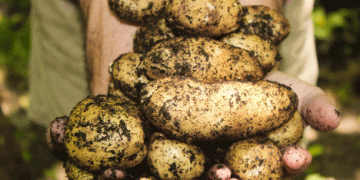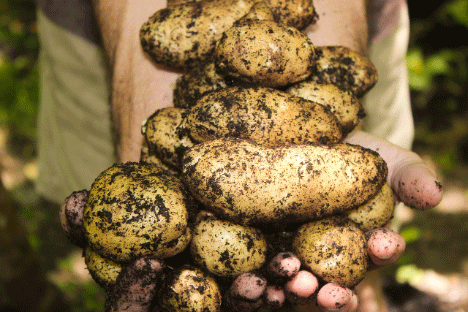Belarus recently announced a ban on potato exports, citing concerns over domestic price surges and food security.
The Export Ban and Its Motivations
The Belarusian Ministry of Agriculture and Food has mandated that potato exports require special permits. This measure aims to ensure sufficient domestic supplies and prevent price spikes for Belarusian consumers. The export ban was triggered by a notable increase in potato exports to Russia, which raised concerns about potential shortages in Belarus.
In a statement to Interfax, government officials emphasized that controlling potato exports is part of a broader strategy to regulate key agricultural products. By restricting exports, the government seeks to balance supply and demand, ensuring stable access to this staple food at affordable prices.
Impact on Russia’s Agricultural Sector
The ban poses a significant challenge for Russia, where potato prices have nearly doubled over the past year. The country is already contending with its highest inflation rate in two decades and a weakened currency, which have exacerbated disruptions in its fruit and vegetable supply chains. Belarus’ export restrictions have further tightened the availability of potatoes, complicating efforts to stabilize Russia’s domestic market.
The decision has been met with concern in Russia, as the nation heavily relies on Belarusian potatoes to meet its domestic needs. With limited options for alternative suppliers, Russian consumers may face continued price increases and potential shortages.
Regional and Global Implications
Belarus’ move highlights the interconnectedness of agricultural markets in the region. As the second-largest exporter of potatoes to Russia, any disruption in Belarus’ supply significantly impacts Russian imports. Additionally, the situation underscores the importance of regional collaboration to address food security challenges in the face of inflation and geopolitical tensions.
The Belarusian potato export ban reflects the delicate balance governments must strike between safeguarding domestic markets and meeting international trade commitments. While the measure may stabilize Belarus’ local market in the short term, its ripple effects on Russia and the broader region underscore the need for coordinated solutions to ensure food security.
- Latest
- Trending































